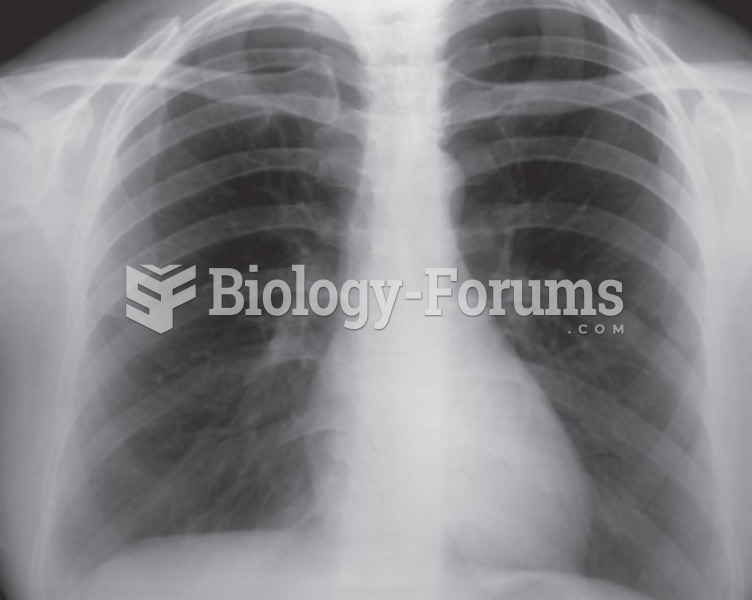|
|
|
There are immediate benefits of chiropractic adjustments that are visible via magnetic resonance imaging (MRI). It shows that spinal manipulation therapy is effective in decreasing pain and increasing the gaps between the vertebrae, reducing pressure that leads to pain.
Most childhood vaccines are 90–99% effective in preventing disease. Side effects are rarely serious.
Cancer has been around as long as humankind, but only in the second half of the twentieth century did the number of cancer cases explode.
Cocaine was isolated in 1860 and first used as a local anesthetic in 1884. Its first clinical use was by Sigmund Freud to wean a patient from morphine addiction. The fictional character Sherlock Holmes was supposed to be addicted to cocaine by injection.
Bacteria have been found alive in a lake buried one half mile under ice in Antarctica.







